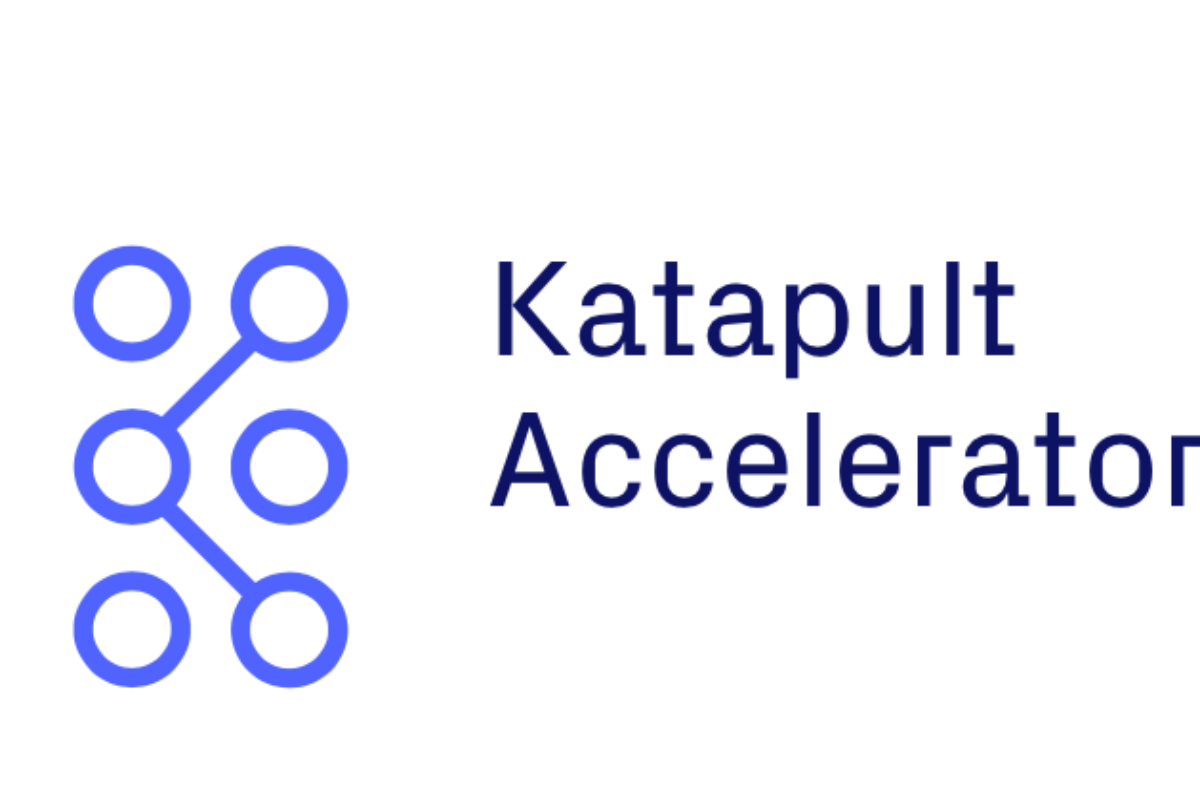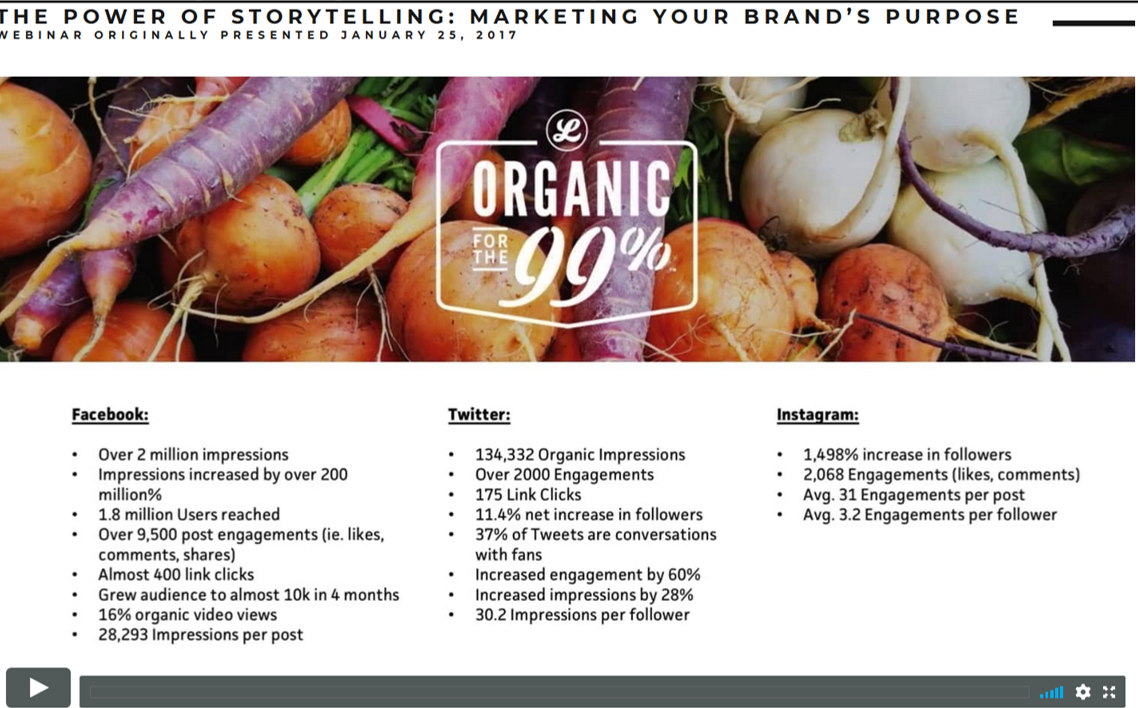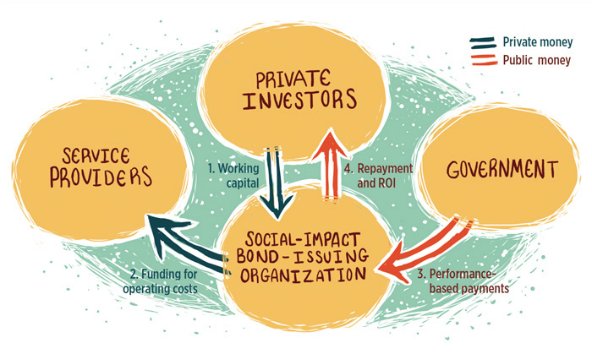Find us on Facebook
Find us on Youtube
Blog
May 2018
Katapult Accelerator: an accelerator for tech focused impact organizations
Are you looking for an accelerator to assist your business from startup phase? Have a look at the Norwegian accelerator: Katapult Accelerator. “We believe in making a positive impact. We believe in technology as the [...]
Different types of social enterprise models
In an article by Conscious Company Media, there are 6 types of social enterprise models identified. They are: Entrepreneurial Non Profit Non-nonprofit Socially responsible business Give one, Get one / Donate Portion of Proceeds Model [...]
Storytelling for the social entrepreneur
Stories evoke emotions as the audience connects with you as an individual and as an organization. As Mia Angelo famously said: “I've learned that people will forget what you said, people will forget what you [...]
Helping social ventures scale their impact
This content is delivered to you in the framework of the SEBS2 project co-funded by the Erasmus+, as our aim is to popularize social business and social entrepreneurship in the Baltic Sea Region. Around [...]
Framgångshistoria: Resursrestaurangen tar hand om matsvinnet
De räddar gamla grönsaker och lagar mat på sådant som annars skulle slängas. Resursrestaurangen är en ideell förening som vill stoppa matsvinnet och sprida kunskap och inspiration kring hur vi kan leva mer klimatsmart. Söndagen [...]










